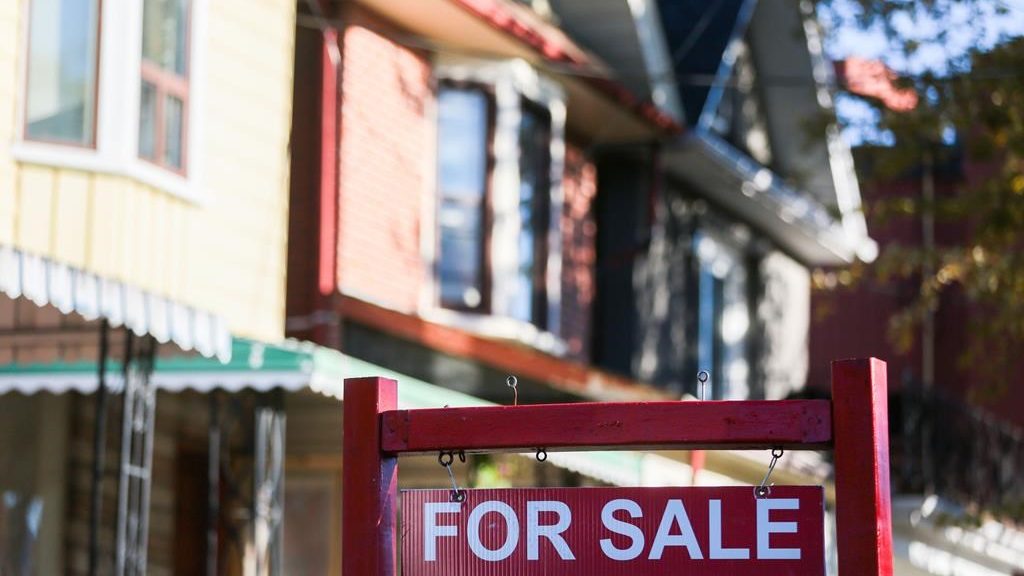Fine details remain unclear regarding Ottawa border, police enforcement of new pandemic restrictions
Posted Apr 16, 2021 10:51:00 PM.
Ottawa's mayor and police chief are still working out the details of what exactly enforcement of new provincial pandemic restrictions are going to look like in the community and along crossings into Gatineau.
As of Saturday, April 17, police officers and other provincial offences officers will have the authority to require any resident to provide their home address and purpose for not being at their residence. Police officers, special constables and First Nation Constables will also have the authority to stop vehicles to inquire about an individual’s reasons for leaving their home.
Following the province's announcement, Friday, April 16, Ottawa Police Chief Peter Sloly said he didn't want to speculate as to what exactly the new rules meant before he had the chance to speak with Solicitor General Sylvia Jones, but he wanted resident to know officers “would not be stopping people for no reason.”
The chief added that he and the Ottawa Police Service (OPS) are very aware of issue of public trust and confidence, especially within racialized communities.
“We will do our very best to understand, explain and apply those laws ethically and effectively – legally of course – and in a way that is as transparent and as consistent as possible,” said Chief Sloly. “All with the goal of improving health outcomes for every member of the community.”
Ontario's solicitor general said tickets for non-compliance with public health measures could be as high as $750.
As for border checkpoints, Mayor Watson admitted he spoke against them when the Quebec government enforced them earlier in the pandemic.
This time, it will be Ontario's responsibility, and he says the OPS is expected to be part of that when enforcement starts on Monday, April 19.
Watson has already spoken with Gatineau Mayor Maxime Pedneaud-Jobin, and they have agreed to encourage residents on both sides of the provincial border not to travel across for next five weeks, unless for work, health care services, transportation and delivery of goods and services or exercising Aboriginal or treaty rights.
Of course, the mayor explained that there will have to be some flexibility to those rules, and he hopes officers at the checkpoints will use discretion.
“You can't capture, in regulations, every single personal reason why someone may have to come across the border,” says Watson. “Obviously if a loved one has passed away or they're in the hospital or they need their son of daughter's care, that should be a reasonable reason. What we're saying is, look, you don't have to go over to go to the Gatineau Park or get cheap beer from the dépanneur.”










